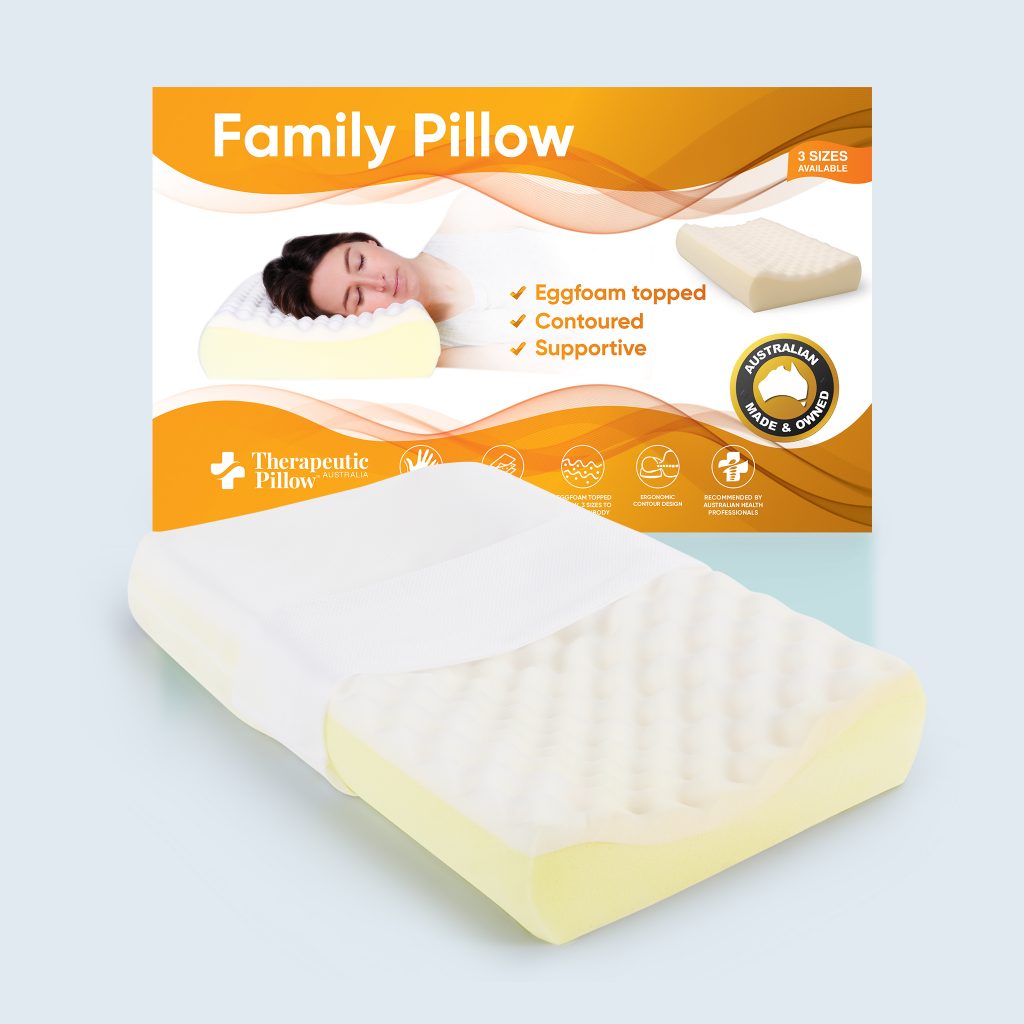Deep Sleeping has deep implications for your overall health.
It wasn’t until recently that the science of sleep was proven. For many generations, it was thought that sleep was merely a passive time spent in the dark. People knew they needed sleep, knew they felt better after they had slept during the night hours, but they didn’t know why. It wasn’t until the 1950s that the science of sleep and the reasons we need sleep became understood.
Sleep boosts the immune system.
That’s why rest is the most recommended activity while recovering from an illness or surgery. Your body needs deep sleep to allow the immune system the opportunity to fight off infection, regulate your appetite, and help you to feel better sooner.
Memories and correlating connections between ideas that seem unrelated are also enhanced by sleep. Sleep helps with creating permanent memories, as this is when your brain is able to focus on the activities of the day and is given the chance to consolidate those memories in such a way that you will be able to recall them more easily. When you awaken, you will be able to recall your memories and also see things that will remind you of those times.
How many hours of sleep do you really need?
Though you may think you can survive on only four hours of sleep each night, studies have shown that an adult needs at least seven hours a day. Children need to receive about sixteen hours a day, and teens need nine.
Studies have shown that if you consistently receive less than seven hours of sleep a day, your judgement, mood, and cognitive skills will be affected. No one likes a grumpy coworker who has trouble making decisions, so try to get the recommended number of hours of sleep a day. You’ll be happier and so will the people you spend your time with.
Before the invention of alarm clocks, humans regulated their sleep with the rise and fall of the sun and moon. That all changed and now many of us suffer from sleep debt. This is your body’s way of telling you that you are hurting it with a lack of beneficial sleep.
If you have deprived your body of the sleep it needs for several days, then it will increase the amount of sleep you will need when you do finally allow your body to catch up. If you accumulate sleep debt too much, you subject your body to greater chances of heart disease, diabetes, and stroke, and increase your risk of obesity. Many of these can be resolved by making up the sleep debt and not creating new debt. Studies have shown that resolving sleep debt and maintaining a healthy sleep schedule is better for you physically and mentally.
It is very important that your brain receives the REM sleep it needs to rejuvenate and work out your daily stresses. It is typical for your brain to have four to five REM/NON-REM cycles per night. You should only have occasional and very brief times of wakefulness. Anything more than that should be discussed with a professional.
REM stands for Rapid Eye Movement and NON-REM are cycles of non-rapid eye movement. Both are needed for a restful and rejuvenating night’s sleep. Your body will move into the different stages of sleep it needs and get the REM you need as well. Creating sleep deprivation will prevent this from happening naturally and will have to be made up at a later time.

Our pillows can help your body maintain a restful night’s sleep. Check out the many options we offer and speak to our knowledgeable staff to find the right pillow for your body type and needs. We look forward to the opportunity to assist you with your needs and share our information.
Do you want to learn more? Read our Frequently Asked Questions for...
Breaking bad sleep habits can be challenging, but with some simple changes, you can improve your sleep routine. Firstly, it's important to establish a consistent sleep schedule. Try to go to bed and wake up at the same time every day, even on weekends. This helps regulate your body's internal clock and promotes better sleep. Secondly, create a relaxing bedtime routine. Engage in activities that help you unwind, such as reading a book or taking a warm bath. Avoid stimulating activities like using electronic devices or watching TV before bed, as they can interfere with your sleep. Additionally, make your bedroom a sleep-friendly environment by keeping it cool, dark, and quiet. Investing in a comfortable mattress and pillows can also enhance your sleep quality. Lastly, limit caffeine and alcohol intake, especially close to bedtime, as they can disrupt your sleep patterns. By implementing these changes and being consistent, you can gradually break bad sleep habits and improve your overall sleep quality.
Remember, breaking bad sleep habits takes time and patience. It's important to be consistent with your new sleep routine and give your body time to adjust. If you continue to struggle with sleep, it may be helpful to consult a healthcare professional for further guidance and support.
 0
0 0
0To increase the time you spend in bed, there are a few simple steps you can take. Firstly, establish a consistent sleep schedule by going to bed and waking up at the same time every day, even on weekends. This helps regulate your body's internal clock and promotes better sleep. Secondly, create a relaxing bedtime routine that signals to your body it's time to wind down. This could include activities like reading a book, taking a warm bath, or practicing relaxation techniques such as deep breathing or meditation. Additionally, ensure your sleep environment is comfortable and conducive to restful sleep. Keep your bedroom cool, dark, and quiet, and invest in a supportive mattress and pillows. Lastly, avoid stimulating activities and substances close to bedtime, such as caffeine, nicotine, and electronic devices, as they can interfere with your ability to fall asleep and stay asleep. By implementing these strategies, you can increase the time you spend in bed and improve the quality of your sleep.
 0
0 0
0Whether it's better to sleep in or wake up early depends on individual lifestyle, preferences, and sleep needs. Waking up early can provide more time for productivity and establishing a consistent routine, which may have positive impacts on mental and physical well-being. It's linked to improved mood and enhanced focus. On the other hand, getting sufficient sleep by sleeping in can aid in overall rest and recovery, benefiting cognitive function and stress reduction. The key lies in maintaining a regular sleep schedule and ensuring you're getting the recommended amount of sleep for your age group, typically 7-9 hours for adults. It's essential to align your sleep patterns with your daily activities to strike the right balance between waking up early and allowing your body to rest adequately.
 0
0 0
0
Sleeping without a pillow is a personal preference and can vary based on individual comfort and sleeping habits. While some people find it beneficial for their neck and spine alignment, others might experience discomfort or strain. Pillows often provide support to maintain a more neutral sleeping posture and can be especially helpful for those with certain conditions like neck pain or sleep apnea. It's recommended to try both options and listen to your body to determine what offers you the most restful and comfortable sleep.
 0
0 0
0The average time spent in bed varies from person to person. It depends on individual factors such as age, lifestyle, and personal preferences. Generally, adults tend to spend around 7 to 9 hours in bed each night to ensure they get enough restorative sleep. However, some people may require more or less time in bed to feel fully rested and refreshed. It's important to listen to your body and establish a sleep routine that works best for you, allowing you to wake up feeling energized and ready for the day ahead.
Factors like work schedules, stress levels, and sleep disorders can also affect the amount of time individuals spend in bed. It's crucial to prioritize quality sleep rather than solely focusing on the number of hours spent in bed. Creating a comfortable sleep environment, practising good sleep hygiene, and adopting relaxation techniques can all contribute to a better night's sleep. Remember, everyone's sleep needs are unique, so finding the right balance of time in bed is essential for your overall well-being.
 1
1 0
0








